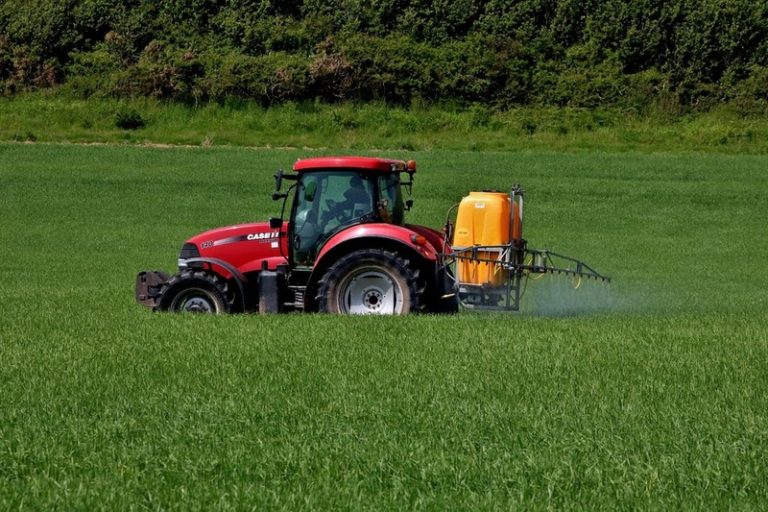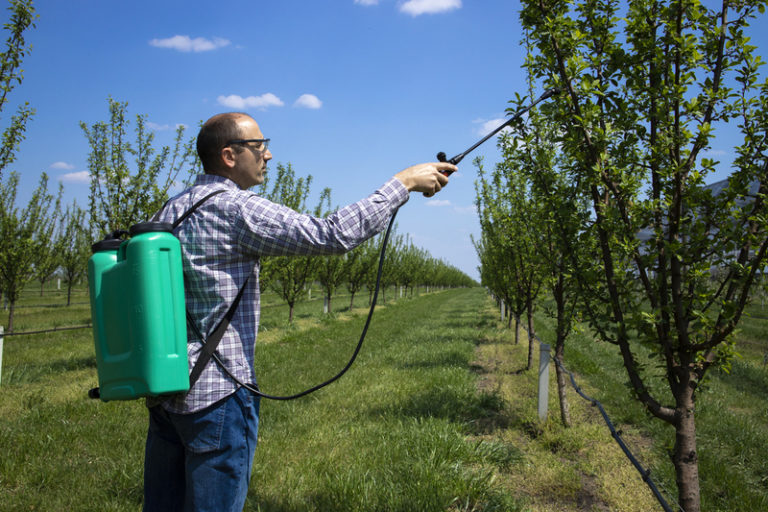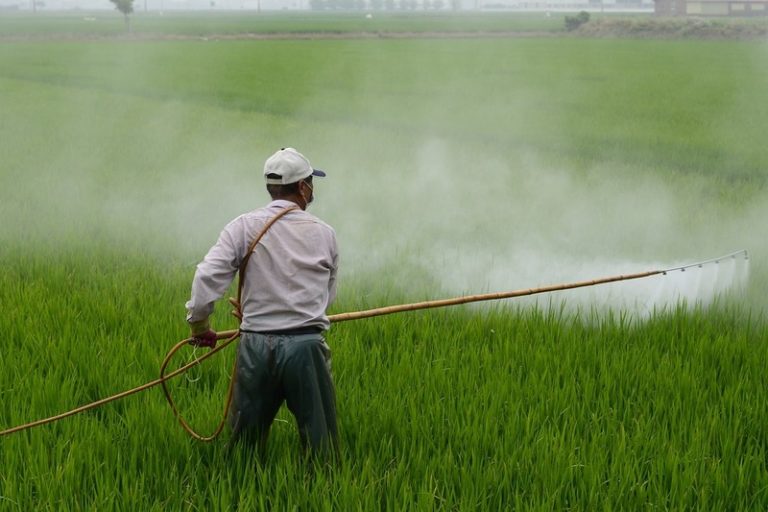Amidosulfuron in Agriculture: A Powerful Herbicide for Effective Weed Control
I. Introduction
Amidosulfuron is a chemical compound that has become popular in agriculture for its ability to control weeds and enhance crop yield.
This article aims to provide a simple overview of amidosulfuron’s benefits, working mechanism, safety considerations, and best practices for its use in agriculture.
II. Advantages of Using Amidosulfuron in Agriculture
Weed control: Amidosulfuron is a potent herbicide that can control a wide range of weeds, including broadleaf and grassy weeds, which are common in agricultural fields.
Cost-effectiveness: Compared to other weed control methods such as hand weeding or mechanical cultivation, using amidosulfuron is relatively inexpensive.
Improved crop yield: By reducing the number of weeds, amidosulfuron allows crops to grow without competition for nutrients and water, resulting in improved yield.
Reduced risk of environmental pollution: Amidosulfuron targets specific weeds while leaving crops unharmed, reducing the risk of environmental pollution.
III. How Amidosulfuron Works
Mode of action: Amidosulfuron is absorbed by the weed’s leaves and moves throughout the plant, inhibiting its ability to grow and reproduce, ultimately leading to the death of the weed. It targets the amino acid synthesis of the weed, which is a unique mode of action compared to other herbicides.
Target weeds and crops: Amidosulfuron targets specific weeds and crops, making it a selective herbicide. Farmers should consult with agricultural experts to determine the optimal dose for their specific crops and weeds.
Application methods: Amidosulfuron can be applied through various methods, including foliar spray, soil application, and seed treatment.
IV. Safety Considerations when Using Amidosulfuron
Precautions to take before and during application: Farmers should read and follow the label instructions carefully before application. They should also wear protective clothing and avoid contact with the chemical during application.
Potential risks to human health and the environment: While amidosulfuron is a relatively safe herbicide when used properly, there are potential risks to human health and the environment. Farmers should be aware of these risks and follow safety regulations and guidelines.
Safety regulations and guidelines: Regulatory authorities in different countries have established safety regulations and guidelines for the use of amidosulfuron. Farmers should adhere to these regulations and guidelines to ensure the safe use of the chemical.
V. Best Practices for Using Amidosulfuron
- Timing of application: Farmers should apply amidosulfuron when the weeds are actively growing and at a stage where they are most susceptible to the chemical. Applying too early or too late can reduce the effectiveness of the chemical.
- Recommended rates and doses: Using the correct dose of amidosulfuron is crucial for its efficacy. Farmers should consult with agricultural experts to determine the optimal dose for their specific crops and weeds.
- Integration with other weed control methods: To achieve the best results, farmers should integrate amidosulfuron with other weed control methods such as crop rotation, tillage, and biological controls.
- Tips for maximizing efficacy: Farmers can maximize the efficacy of amidosulfuron by ensuring proper application, selecting the appropriate application method, and monitoring the weed population regularly.
VI. Conclusion
Amidosulfuron is a powerful herbicide that can help farmers control weeds and improve crop yield. By following safety guidelines and best practices, farmers can effectively use amidosulfuron to maximize the benefits to their crops and the environment. With proper use, amidosulfuron can play a critical role in modern farming practices.
FAQ:
Q: What is amidosulfuron, and how is it used in agriculture?
Amidosulfuron is a herbicide that is used in agriculture to control weeds and enhance crop yield. It is absorbed by the leaves of the weed and moves throughout the plant, inhibiting its ability to grow and reproduce.
Q: What are the advantages of using amidosulfuron in agriculture?
Ans: Amidosulfuron offers several benefits in agriculture, including effective weed control, cost-effectiveness, improved crop yield, and reduced risk of environmental pollution.
Q: How does amidosulfuron work, and what weeds and crops does it target?
Ans: Amidosulfuron works by inhibiting the amino acid synthesis of the weed, which is a unique mode of action compared to other herbicides. It targets specific weeds and crops, making it a selective herbicide.
Q: What are the safety considerations when using amidosulfuron in agriculture?
Ans: Farmers should take precautions before and during application, including wearing protective clothing and avoiding contact with the chemical. There are potential risks to human health and the environment, and farmers should follow safety regulations and guidelines established by regulatory authorities in their countries.
Q: What are the best practices for using amidosulfuron in agriculture?
Ans: Farmers should apply amidosulfuron when weeds are actively growing and at a stage where they are most susceptible to the chemical. Using the correct dose is crucial, and farmers should integrate amidosulfuron with other weed control methods such as crop rotation, tillage, and biological controls. Regular monitoring of weed populations is also recommended to maximize efficacy.
Q: Is amidosulfuron safe for use in agriculture, and what are the potential risks?
While amidosulfuron is relatively safe when used properly, there are potential risks to human health and the environment. Farmers should be aware of these risks and follow safety regulations and guidelines to ensure the safe use of the chemical.
Also Read :
Understanding White Grub: Description, Economic Importance and Control Measures







